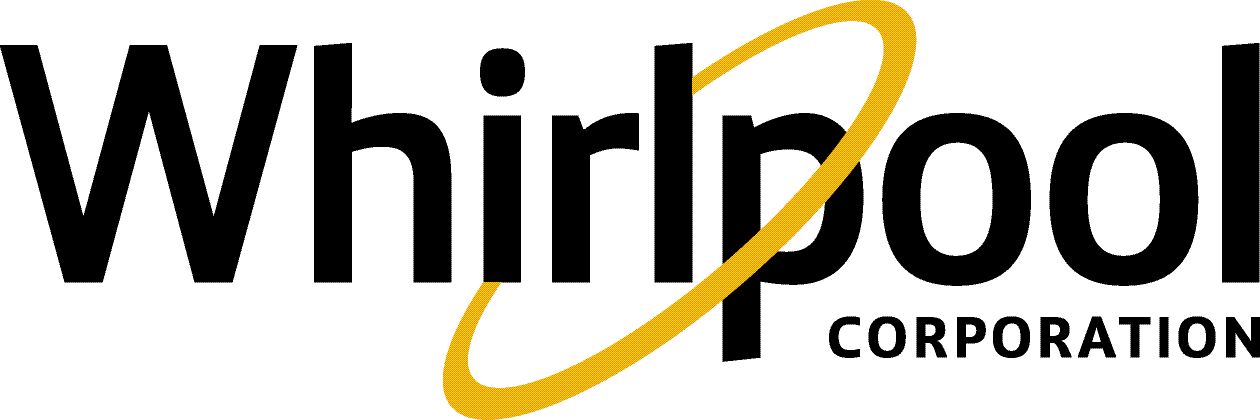Whirlpool Corporation Embraces ENERGY STAR as an Important Part of its Broader Strategy Designed to Reduce Greenhouse Gas Emissions

BENTON HARBOR, Mich., April 8, 2014 /3BL Media/ -- Whirlpool Corporation (NYSE: WHR) has a long history in environmental stewardship including helping to draft the first ENERGY STAR® appliance standards. The company currently sells 424 ENERGY STAR appliance models, and has been honored with 23 ENERGY STAR Awards since the beginning of the program in 1998 - offering more qualified products, and winning more ENERGY STAR Awards than any other manufacturer.
"We recognize the ENERGY STAR program for the value it has offered consumers over the years and as an important element of our broad-based sustainability strategy," said Nick Gillespie, senior manager of government relations for Whirlpool Corporation. "Our success over the years has come from the realization you have to build energy efficient appliances with the innovative features and benefits consumers want. This is not an 'either/or' situation, we must offer great products that are both innovative and efficient to be effective in protecting the environment. We have done just that and more with all of our energy saving products, including those that we are proud to have designated as ENERGY STAR."
Whirlpool's sustainability strategy engages nearly every aspect of its business, from materials and processes, to product technologies and end-of-life recycling, all aimed at a more sustainable future. With more than 860 million appliances currently in homes in the United States - many 10 or more years old - our biggest opportunity for overall energy and water savings is in educating consumers on the benefits of replacing old, inefficient appliances with new advanced products. As an example, a new washer today is 77 percent more efficient than one from the year 2000 and only costs $66 a year to run. Consumers who replace older models would save $117 a year. Also, new front-load washing machines are 70 percent more efficient using about 26 fewer gallons of water per load than those made in 2000.
In managing the environmental effects of its business, Whirlpool goes well beyond the products it produces, to include improving its processes, using advanced materials and investing in state-of-the-art facilities to minimize impact on the planet. Most recently, Whirlpool became the first U.S. manufacturer of ENERGY STAR refrigerators and freezers committed to using EPA SNAP-approved environmentally friendly Solstice foam blowing agent that delivers better energy efficiency and a 99.9% improvement in the global warming potential (GWP) over commonly used blowing agents in the U.S (HFC-245fa).
Whirlpool also operates a global facility sustainability program achieving several LEED certifications. The company has ongoing partnerships in programs that explore and test "net-zero" energy homes. And, last year, Whirlpool introduced a suite of smart grid compatible appliances. The company's focus on the environment also extends to public policy and community engagement. Whirlpool was one of 13 founding members of theBusiness Environment Leadership Council, an advisory group to the Pew Center on Global Climate Change. The Center conducts studies and international educational programs on the issue of global climate change.
About Whirlpool Corporation
Whirlpool Corporation is the world's leading global manufacturer and marketer of major home appliances, with annual revenues of approximately $19 billion in 2013, 69,000 employees and 59 manufacturing and technology research centers around the world. The company markets Whirlpool, Maytag,KitchenAid, Jenn-Air, Amana, Brastemp, Consul, Bauknecht and other major brand names to consumers in nearly every country around the world. Additional information about the company can be found at http://www.whirlpoolcorp.com.
SOURCE Whirlpool Corporation

